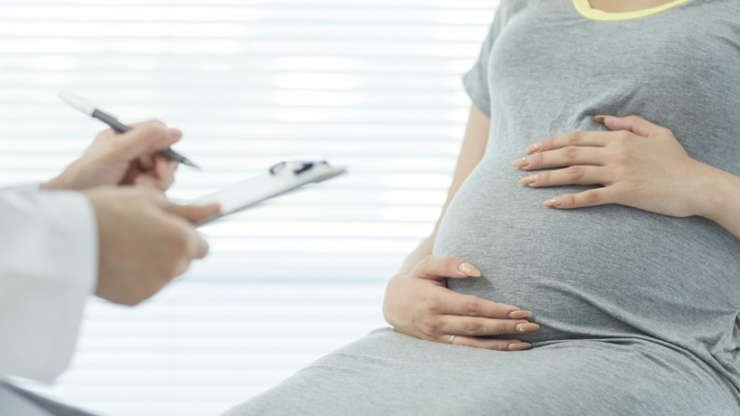Preparing for Donor Eggs IVF Cycle – Psychological Issues

In about 50% of our patients, being taken for IVF, the oocyte quality or quantity is the major concern. It’s very easy for us to show you the path of egg donation as it is a routine for us. But we know it is not that simple for you. Though it carries a very high success rate, but psychological implications on the recipient are very high.
The major indications for IVF with donor oocytes in Reviva are –
- Premature ovarian failure
- Menopause
- Decreased ovarian reserve
- Endometriosis
- Recurrent self cycle failures with no proven endometrial or male factor.
- Genetic causes.
It takes time for the couple to accept the option of Donor eggs, but usually the desire of having a family overcomes this hesitation.
The most important concern of the couple is the quality of genes transmitted to the child. Though the anonymous egg donor is being matched to the recipient as far as possible, the concern always remains in majority of recipient; they are satisfied with their gestational contribution which creates a strong bond.
Another way of dealing with it is to keep the information of type of cycle between the couple only, it will serve you from interrogation eyes and any future problems will be avoided.
On positive note egg donation is associated with many benefit. The most important since eggs are derived from a young woman, they are more likely to produce chromosomally normal embryos and so risk of abortions and birth defects is less.
So, though egg donation is not the first choice of anyone, but it is treatment with very high success rate where it is indicated.




















